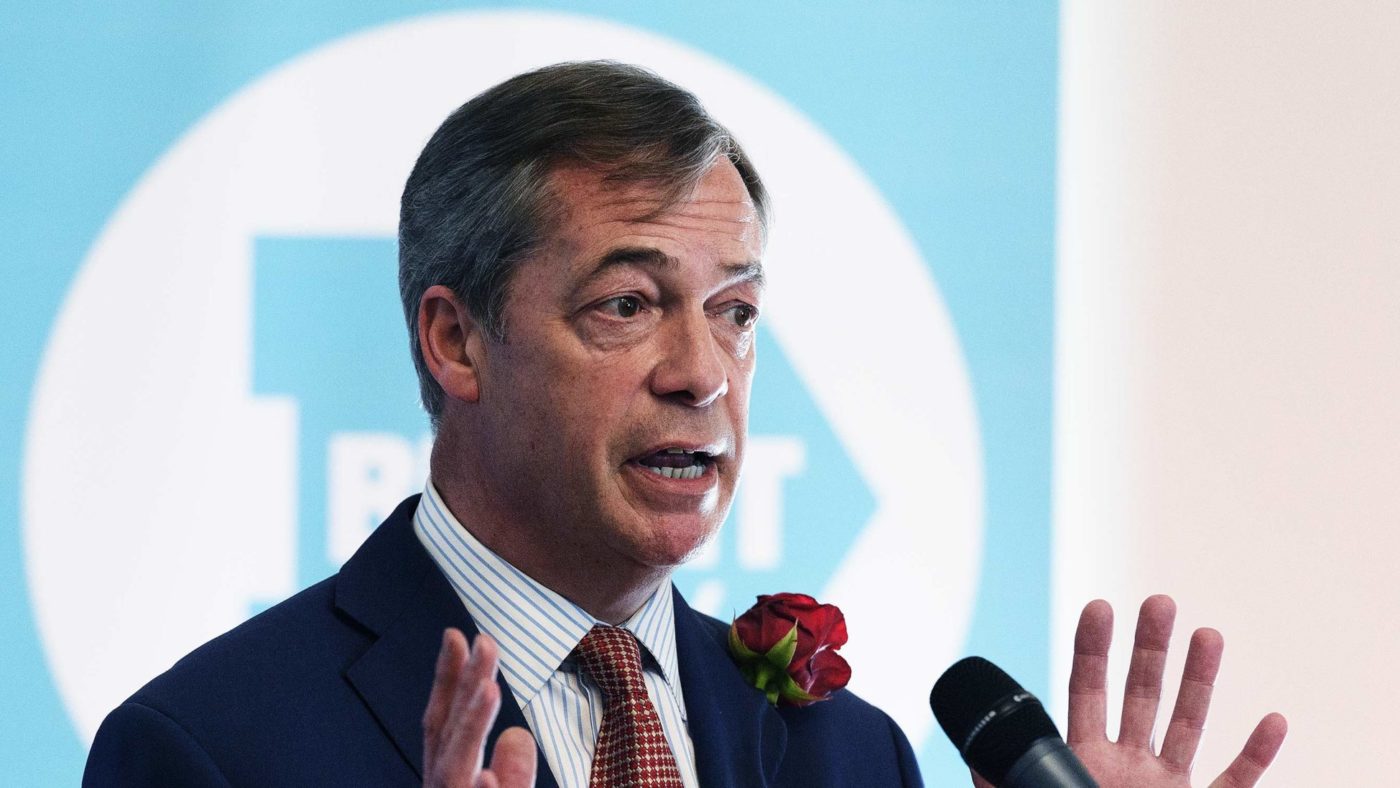A month from now, Europeans will head to the voting booths to decide not only on their representatives in the European Parliament, but indirectly on several other top jobs, including who will fill the various European Commissioner posts.
In Britain elections that should have been of only passing interest have taken on renewed importance. The failure to exit the EU on March 29 means the UK looks set to send MEPs to an institution many voters expected to have left on March 29.
What future awaits those who do get elected is uncertain. As CapX editor Oliver Wiseman noted.over the weekend: “Britons will cast their votes in a poll we weren’t supposed to have to send representatives to an organisation we were supposed to have left. Those MEPs could serve for a few months, for five years — or never take their seats.”
It is not only in the UK that the situation is seen with bafflement. It’s a headache for the remaining 27 states, who having debated how to allocate Parliament seating after Brexit, now face seeing their best laid plans scuppered – at least for the time being. Instead, the balance of power in Brussels and with it, the number games for prominent positions, could be dramatically altered.
As has been well documented, eurosceptic movements have been on the rise across the continent and hope to make substantial gains in May’s polls. Politico projects that nationalist/populist parties, including those from the UK, will win 234 seats. Most prominent are the Italian party Lega, which could increase its tally from five to 27 seats, and Germany’s Alternative für Deutschland (AfD), which currently has just one MEP, but could end up with as many as 11.
Established forces like like the French National Rally (formerly Front National), the Austrian Freedom Party, and the Polish Law and Justice Party (PiS) all look set to maintain a strong presence. Then there are the newcomers like Spain’s Vox and Thierry Baudet’s Dutch Forum for Democracy.
The problem for the Eurosceptic forces so far has been agreeing on a unified platform under a single party banner. Italian deputy prime minister Matteo Salvini took the first step to rectifying this earlier this month with the announcement of a new European Alliance for People and Nations. It includes Salvini’s Lega, the AfD and the Austrian Freedom Party.
However this grouping would only number around 70 seats, just ahead of the European Conservatives and Reformists, whose number include the Tories and Poland’s PiS.
What’s more, the UK’s participation in the elections means the necessity of a unified group could become even more urgent, regardless of the many differences between the individual movements.
A recent poll by YouGov puts Nigel Farage’s new Brexit Party on 27 per cent of the vote, which would mean sending at least 20 MEPs to the European Parliament. That’s on top of UKIP, currently projected to score seven per cent. That means – depending on how long the Brits stay on – the forces of Euroscepticism could be substantially bolstered. Indeed, if the various groups can find enough common ground to form a grouping, they could end up being the largest in the Parliament.
The UK’s involvement is much less welcome for the European People’s Party, who are currently the biggest grouping. The EPP does not have any British members and will probably lose seats. Indeed, the European Parliament’s own research service projects a decline from 217 seats to 180.
Making matters worse for the EPP, the centre-left Socialist and Democrats group is on course to gain about 20 seats thanks to the re-addition of the Labour Party. Granted, its share looks like falling from 186 seats to 149, but the gap between the EPP and S&D would close considerably with Labour on board.
This matters because it affects whether the EPP can get one of its members to the plum position of next Commission President – whether it be the German, Manfred Weber or Brexit chief negotiator Michel Barnier, who many see as a possible successor to Jean-Claude Juncker.
In that context, the EPP will be keen to keep all its current member on board. That’s good news for Viktor Orbán’s Fidesz, which has been suspended from the EPP until autumn, but would almost certainly be able to stay in the group, considering Fidesz will possibly win 14 seats. Without Fidesz, the EPP would suddenly have barely more seats than the S&D.
All of which means we can look forward to month of politicking and horse-trading as the various Brussels players try to get their way. Regardless of how long British MEPs stay, the European Parliament will become much more fragmented, with the two biggest groups losing big and Eurosceptic forces increasingly holding sway.
That gives more power to wild cards like Emmanuel Macron’s En Marche, which has not joined a European grouping yet, and the small Green group, which could yet act as kingmaker. Although the return of British MPs will not have a decisive effect on the key numbers, major success for the Brexit Party and Labour could fundamentally change the narrative of the results, with Euroscepticism looking stronger than ever and the centre-right in retreat.
CapX depends on the generosity of its readers. If you value what we do, please consider making a donation.


